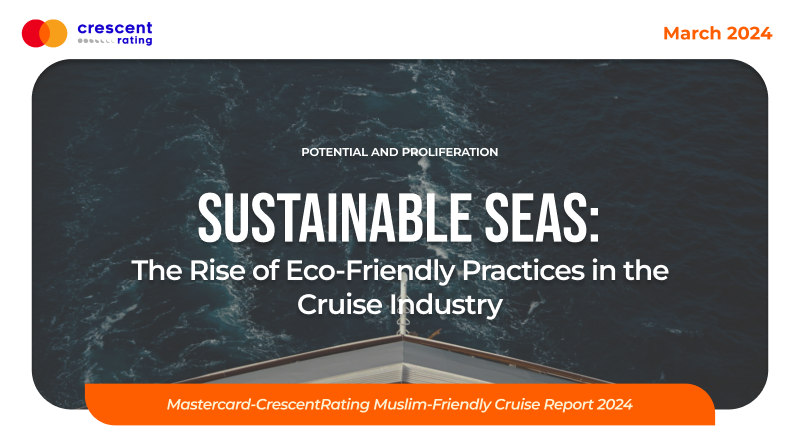
The allure of cruising–exploring new destinations, indulging in luxurious amenities, and enjoying the camaraderie of fellow travelers–has long been a staple of the travel industry. However, environmental concerns have cast a shadow on this popular vacation choice. Cruise ships are notorious for their massive size and fuel consumption, leading to air and water pollution. Recognizing this, the cruise industry is undergoing a significant shift, embracing eco-friendly practices and technologies to lessen its environmental footprint.
The path toward a sustainable cruise experience is multifaceted. Cruise lines are incorporating cutting-edge technologies and operational changes to reduce their environmental impact.
Royal Caribbean, a leading cruise line, exemplifies the industry's commitment to sustainable practices. Their initiatives encompass various aspects of the cruise experience:
From energy-efficient appliances and LED lighting to shore power connection while docked, Royal Caribbean prioritizes reducing onboard energy consumption.
Their ships utilize anti-fouling paint on hulls, redesigned propulsion systems, and air lubrication systems, all contributing to improved fuel efficiency. Additionally, advanced wastewater purification and ballast water treatment systems minimize environmental impact.
Royal Caribbean prioritizes waste reduction and repurposing of solid operational waste. This means implementing programs that minimize the amount of waste generated onboard in the first place.
Optimizing itineraries for efficient timing, route planning, and ship speed further reduces fuel consumption. By meticulously planning routes and adjusting speeds based on real-time data, cruise lines can shave off significant distances and minimize unnecessary engine use. This translates to a tangible reduction in fuel burned, leading to lower emissions and a smaller environmental footprint.
By capturing engine waste heat for heating water, Royal Caribbean demonstrates a commitment to resourcefulness. This closed-loop system not only reduces the energy demand for onboard water heaters, resulting in lower fuel consumption, but it also exemplifies the cruise line's dedication to minimizing environmental impact.
While the cruise industry has embarked on a journey towards sustainability, challenges remain. The development and widespread adoption of alternative fuels are crucial for significant emission reductions. Collaboration between industry leaders, regulatory bodies, and research institutions is vital for achieving long-term sustainability goals. Ultimately, the success of sustainable cruising hinges on a collective effort – from cruise lines embracing eco-friendly practices to passengers making informed choices. As consumers become increasingly environmentally conscious, sustainable cruises are poised to become the standard, ensuring a thriving industry that protects the oceans we explore.
For more information regarding Mastercard-Crescentrating Muslim-friendly Cruise Report 2024, please visit this link right here!